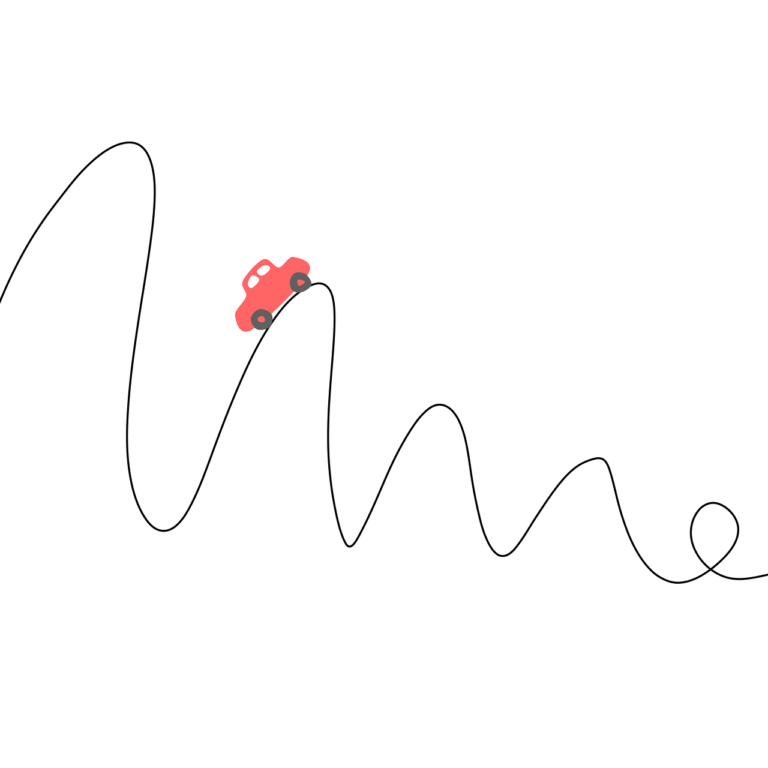Tips for Effective Time Management: Mastering the Art of Productivity

In our fast-paced world, time is one of our most valuable resources, yet it often feels like there’s never enough of it to accomplish everything we need or want to do. Effective time management is not just about ticking off tasks from your to-do list; it’s about maximizing productivity, reducing stress, and creating a balanced life. Mastering the art of time management can transform your days from chaotic to controlled and from overwhelming to empowering. Here are some tips for integrating effective time management strategies into your daily routine.
Prioritize Your Tasks
One of the first steps in effective time management is learning how to prioritize your tasks. Identify what needs to be done immediately, what can wait, and what can be delegated. The Eisenhower Matrix is a popular tool for this, dividing tasks into four categories: urgent and important, important but not urgent, urgent but not important, and neither urgent nor important. By focusing on what’s truly important, you ensure that your efforts are aligned with your goals and values. As Stephen Covey, author of “The 7 Habits of Highly Effective People,” wisely advised, “The key is not to prioritize what’s on your schedule but to schedule your priorities.”
Set SMART Goals
Setting goals is an essential part of time management. However, it’s crucial to make sure these goals are SMART: Specific, Measurable, Achievable, Relevant, and Time-bound. Clear goals keep you focused and motivated. For instance, instead of setting a vague goal like “exercise more,” specify, “Run for 30 minutes every morning, five days a week.” This specificity provides a clear target and deadline, making it easier to track your progress and stay committed.
Break Down Big Tasks
Large tasks can be daunting and often lead to procrastination. To get around this, break them down into smaller, more manageable steps. For example, instead of writing “Complete project” on your to-do list, break it into smaller tasks such as “Research topic,” “Create an outline,” and “Draft the first section.” As Confucius once said, “The man who moves a mountain begins by carrying away small stones.” Tackling smaller tasks one by one prevents overwhelm and keeps you motivated.
Use Time Blocking
Time blocking is an efficient technique for managing your schedule. It involves dividing your day into blocks of time, each dedicated to a specific task or group of tasks. By allocating time slots for different activities, you create a structure that enhances focus and productivity. For example, you might block off 9 am to 11 am for deep work, 1 pm to 2 pm for meetings, and 3 pm to 4 pm for emails and administrative tasks. By scheduling your day in advance, you minimize distractions and ensure that important tasks get the attention they deserve.
Eliminate Distractions
Distractions are productivity’s biggest enemies. Whether it’s social media, email notifications, or office chatter, distractions can significantly derail your focus. To manage your time effectively, create an environment conducive to concentration. Consider using tools and apps designed to block distracting websites, put your phone on silent, and set specific times to check emails. As Leo Babauta, productivity expert and author of “Zen Habits,” suggests, “Focus on one task at a time—single-task, not multi-task.” By eliminating distractions, you can dedicate your full attention to the task at hand, thereby enhancing efficiency.
Learn to Say No
One of the most challenging aspects of time management is learning to say no. Overcommitting yourself spreads you too thin and reduces the quality of your work. Understand your limits and prioritize your commitments. It’s perfectly okay to decline tasks or requests that don’t align with your goals or that you simply don’t have the capacity for. As Warren Buffet wisely noted, “The difference between successful people and really successful people is that really successful people say no to almost everything.” Saying no when necessary protects your time and energy.
Take Regular Breaks
Effective time management isn’t just about working hard; it’s also about working smart. Taking regular breaks helps maintain high levels of productivity and prevents burnout. Techniques like the Pomodoro Technique advocate working in focused intervals (typically 25 minutes) followed by a short break (5 minutes). Longer breaks (15-30 minutes) should be taken every few intervals. These breaks provide mental rest, keeping you refreshed and ready to tackle the next block of work with renewed vigor.
Evaluate and Adapt
Time management strategies aren’t one-size-fits-all. What works for one person may not work for another, and your needs may change over time. Regularly evaluate your time management practices and be open to adapting. Reflect on what’s working, what isn’t, and why. Are there patterns in your productivity? Are certain times of day more productive for you? Use tools like journals or time-tracking apps to gain insights and make informed adjustments. As the Greek philosopher Heraclitus said, “The only constant in life is change.” Adapting your time management strategies as needed ensures continuous improvement.
Conclusion
Mastering effective time management is a journey that involves prioritizing tasks, setting SMART goals, breaking down large tasks, using time blocking, eliminating distractions, learning to say no, taking regular breaks, and continuously evaluating your strategies. Implementing these tips can help you harness the power of your time, transforming your days into purposeful, productive experiences.
Remember, time management isn’t about cramming more into your day; it’s about making the most of the time you have. As the famous quote from Benjamin Franklin goes, “Lost time is never found again.” So, start managing your time effectively today and pave the way for a more organized, efficient, and fulfilled life. Here’s to mastering the art of time management and reclaiming your time!






